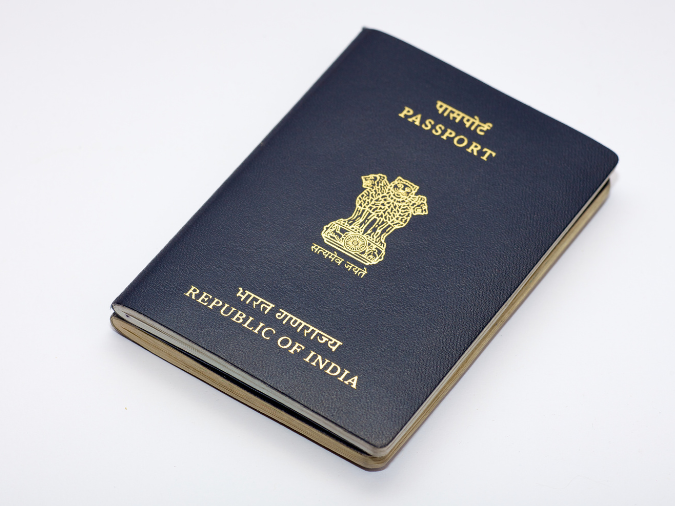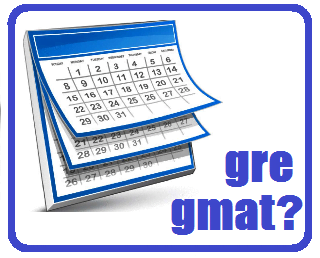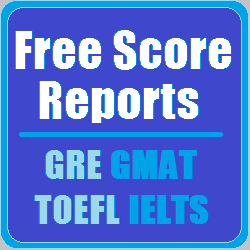
Are you ready to master the TOEFL in 2 months and unlock opportunities for studying abroad? With dedication and strategic planning, achieving success in the TOEFL exam in 2 months is entirely possible. Whether aiming for TOEFL classes in Pune or seeking TOEFL online classes, this guide will provide valuable insights and actionable tips to maximize your preparation and ace the test.
Take a Diagnostic Test
Before diving into your TOEFL preparation, consider taking a diagnostic mock test to assess your current level. This will help you identify your strengths and weaknesses and customize your study plan. By simulating test conditions and timing, you’ll get a realistic preview of the TOEFL exam experience and pinpoint areas that require more focus. Additionally, taking a mock test early on can serve as a motivational tool, providing you with a benchmark to track your progress throughout your preparation journey. Whether you opt for TOEFL classes in Pune or self-study, starting with a mock test can set you up for success by providing valuable insights and a clear starting point for your preparation.
Set Clear Goals
The next step is to take some time to define your goals. Determine your target score and the specific areas to focus on to achieve it. For example, if your dream university requires a TOEFL score of 100, make that your target and break it down into smaller, manageable goals for each test section.
Develop a Study Plan
Now that you know your starting point and your target, the next step is to develop a study plan. Remember that it’s essential to create a structured study plan that covers all sections of the TOEFL test: Reading, Listening, Speaking, and Writing. The diagnostic mock test will reveal your strengths and weaknesses, enabling you to allocate daily study and practice time accordingly. For example, if you struggle with the speaking section, schedule more practice sessions and speaking exercises in your study plan.
Did you know that you can report your test score free of cost to four universities? Click here to know more.
Utilize Quality Resources
Invest in high-quality TOEFL study materials and resources that align with the format and content of the exam. Look for reputable TOEFL online classes or coaching centers in your city that offer comprehensive study materials, practice tests, and expert guidance from experienced instructors. For example, enroll in a TOEFL coaching program that provides access to practice tests, study guides, and interactive lessons tailored to your learning style.
Practice Regularly
Consistent practice is key to mastering the TOEFL in 2 months. Set aside time each day to engage in active learning activities such as reading academic articles, listening to podcasts or lectures, practicing speaking exercises, and writing essays. Aim to simulate test conditions as closely as possible during your practice sessions. For example, use a timer to mimic the time constraints of the actual exam and practice under similar conditions to build your test-taking stamina.
Focus on Test Strategies
Familiarize yourself with effective test-taking strategies for each section of the TOEFL exam. Learn how to manage your time efficiently, skim and scan passages for key information, take effective notes during listening exercises, and structure your responses during the speaking and writing sections. For example, practice skimming and scanning techniques while reading passages to quickly identify main ideas and key details, which can help you answer questions more efficiently in the reading section.
Seek Feedback and Guidance
Take advantage of TOEFL online classes to receive personalized feedback and guidance from experienced instructors across India. Participate in mock tests and practice sessions to identify areas for improvement and refine your test-taking skills. For example, join a study group or attend TOEFL workshops to receive feedback from peers and instructors on your speaking and writing tasks. This will allow you to identify strengths and weaknesses and make targeted improvements.
Stay Motivated and Consistent
Maintaining motivation and consistency throughout your TOEFL preparation journey is crucial for success. Celebrate small victories along the way, stay positive, and remind yourself of your ultimate goal of studying abroad. Surround yourself with a supportive study group or community to stay motivated and accountable. For example, set up weekly study sessions with friends or classmates to review material, share tips, and keep each other motivated and on track.
In conclusion, cracking the TOEFL in 2 months requires dedication, strategic planning, and effective study techniques. By setting clear goals, developing a structured study plan, utilizing quality resources, practicing regularly, focusing on test strategies, seeking feedback and guidance, and staying motivated and consistent, you can maximize your chances of achieving your desired score and fulfilling your academic dreams of studying in the US. With TOEFL Classroom Coaching, you will have the support and resources you need to succeed. Start your TOEFL preparation journey today and take the first step towards a bright future abroad!
As India’s leading Study Abroad Consultant, Dilip Oak’s Academy offers a comprehensive suite of services, including GRE, TOEFL, and IELTS coaching, as well as GRE Self Prep. Furthermore, our admission counseling services can guide you through the entire process from Shortlisting Universities to Visa Counseling. With our expertise, we have successfully sent 32,000 students to various prestigious American universities like MIT, Stanford, Cornell, and Carnegie Mellon. To enroll in our comprehensive overseas education consultancy services, book a free consultation or call us at 91-20-67444222.







